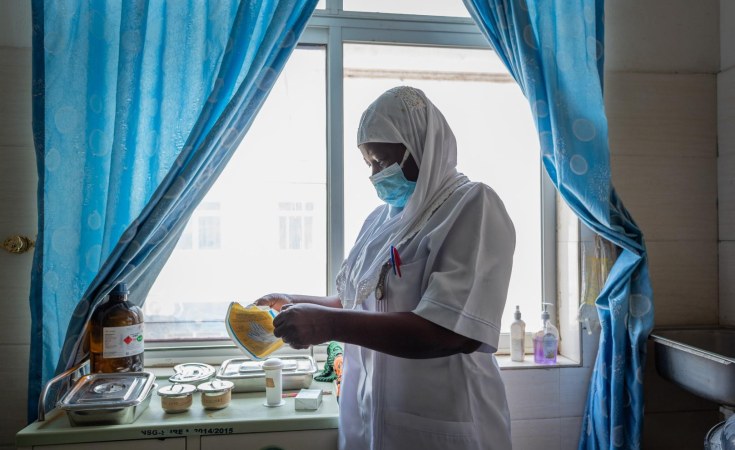The International Agency for Research on Cancer (IARC), through the Global Cancer Observatory (GCO), recently announced that prostate cancer is Namibia's leading malignancy.
According to Namibia's top 10 malignancies by age-standardised rate (ASR), prostate cancer ranks first with 63.8 per 100 000 population, followed by breast cancer at 53.89 per 100 000 population.
Cancer Association of Namibia (CAN) Chief Executive Officer Rolf Hansen said the Namibia National Cancer Registry, which has been funded and managed by CAN since 1995, is collaborating with this international programme to ensure quality data on cancer incidence in Namibia.
The registry is updated and published for planning national health responses, he said.
Hansen said prostate cancer has taken over as the lead cancer, as a result of less invasive testing methods.
As such, CAN has seen more men turning up for testing.
In 2002, there were 553 cases of breast cancer, 350 cases of cervix uteri, and 347 occurrences of prostate cancer.
Hansen noted that an estimate of Namibians who would have or will succumb to cancer during a specific year in question, based on historical outcomes (statistics) and taking into account the treatment options now available in Namibia.
In 2002, there were 227 breast cancer, 203 cervix uteri, and 143 prostate cancer possible deaths.
"All 'life-threatening' cancers, excluding non-melanoma skin cancer (basal cell and squamous cell carcinomas) have now peaked at 3 453 life-threatening cancers for 2022. Inclusive of all cancers in general, Namibia now reports on average more than 5 000 cases per annum," he said.
He also stated that Namibia has an alarmingly high cancer incidence rate compared to the rest of Africa, with South Africa (SA) reporting 62.0 and Botswana 23.9 for prostatectomy cancer.
SA's breast cancer rate stands at 48.7 and Botswana has a rate of 23.0 per 100 000 people.
"The rising trend in cancer globally is also evident in Namibia.
We cannot say 'Look at the rest of Africa, there is no cancer', it is simply because data collection has not been a priority. In many African countries, cancer treatment is not readily available to the masses. Some countries do not have any cancer care.
Today is the perfect opportunity to make the right decision so that we do not sit with a time bomb and our health sector implodes," Hansen cautioned.
- Nampa


